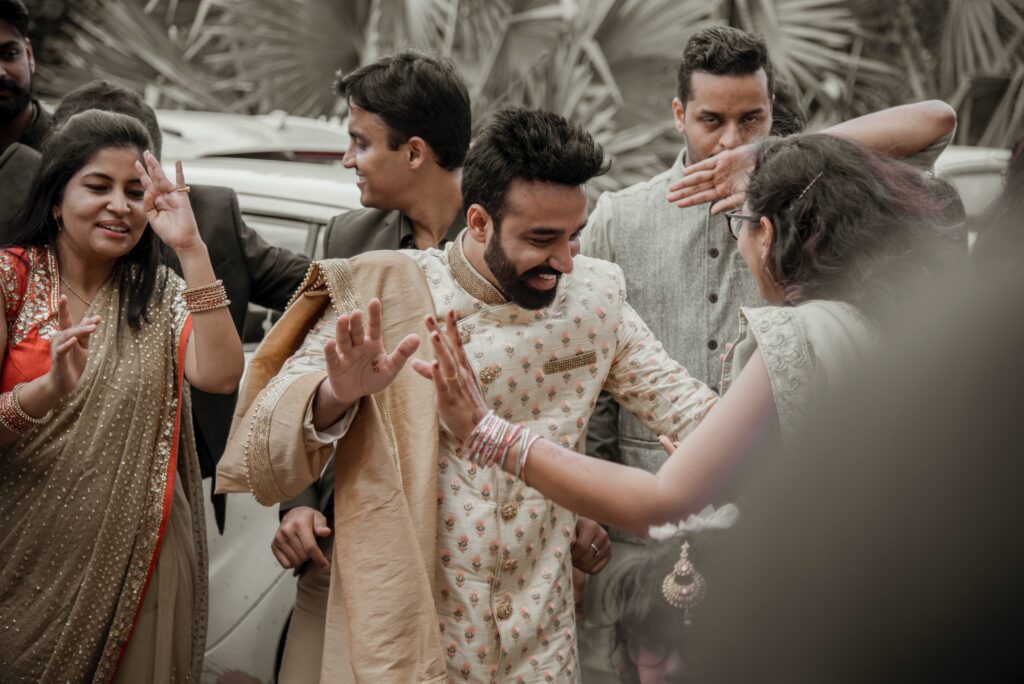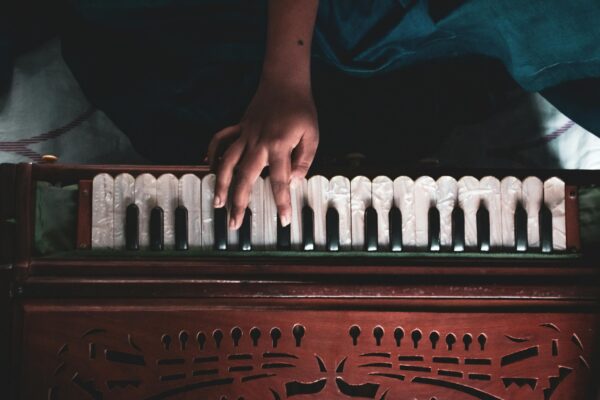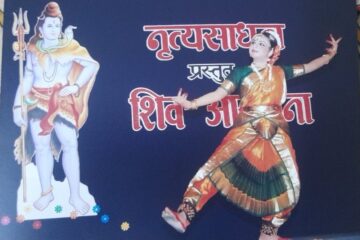Have you ever denied to dance at a wedding celebration? I think No one has ever done this. We always feel that celebrations are incomplete without some music and dance. But, do you know every dance type based on the celebration has some or other psychological importance?
So, let us dive into the world of dance with some relatable examples where dance is not just a celebration but also has psychological significance.
Dance a source of celebration
If we turn the pages of our history, during the Maratha empire, villager artists named Vasudev and Potraaj used to pass from door to door, by delivering messages by singing abhangs depicted by saints or songs which worship and praise our Indian gods like Devi, Vishnu, Shankar, Ganpati. Their motto was to deliver messages to the general public and create awareness amongst themselves.
Even today, some veteran artists have preserved the songs and dance forms as a part of our heritage. During the British era, lavani was also a dance form where awareness and patriotism were sown into the citizen’s hearts.
Dance indeed has been an ancient heritage and has significance right from our historical culture. The above examples I gave were just a drop from the ocean.
Today, at every festival we include dance as a crucial part. It not just gives you joy and happiness, but also builds a social connection and in turn grows our community.
Where dance is used as a celebration?
We all are aware of where dance is used as a part of our celebration. One of the common types is the Wedding. I don’t think any wedding no matter what religion it belongs to is complete without some tippy taps. At the sangeet ceremony or the reception parties, we need some music to do some shimmy.

The second most part is the celebrations of Festivals. Our Indian festivals have a vital importance of dance, whether it be Ganpati processions, or garba, or dhunuchi naach at Durga puja. Every festival has a culture of dancing during the celebrations.
Another occasion is during Funerals. Do you remember the Pallbearers from Ghana, Who dance carrying a coffin on their shoulders, some communities do include dance during funerals. If you want to know why, I have explained that in the next subheading.
Another occasion is during the Harvest. When the farmers toil the whole year and finally their effects become fruitful, they express their joy through dance. The best example is the Baisakhi festival in Punjab.
Other types of celebrations are spiritual events like Keertans, Bhajans, etc.
Psychological Significance
We have believed that dance is only a source of celebration, but every occasion has some kind of psychological significance.
During weddings, the hosts have a lot of work, and they are stressed by the hustle and bustle of organizing the event. However, some music and dance help them to relieve some stress and distract their mind from all the tiredness.
Moreover, dance is a great source of bringing two families together and upbringing social connection.
Secondly, during festivals, the atmosphere becomes spiritual and festive. Dance is a source of celebration along with the worship of the gods. Whether it be to Lord Ganesh during processions, or to Goddess Durga during Navratri or Durga puja.
The third example is dance during funerals. It does sound weird. But their thought process behind this leaves us mindblown.
Life is full of roller coasters, with ups and downs. However, When life comes to an end, we should celebrate a life journey and not mourn the loss. That’s why the Pallbearers from Ghana provide this service of carrying the coffin to its next journey dancing and singing. Sounds fascinating right?
Last words
In a nutshell, whether it be a celebration or funeral, or even a source of entertainment, dance has always been a part of our life. Dance has no religious barriers or needs no occasion. So, to relieve your stress and enjoy a happy life, keep dancing.
Also, if you want me to write on any other topic, leave it in the comment.


0 Comments